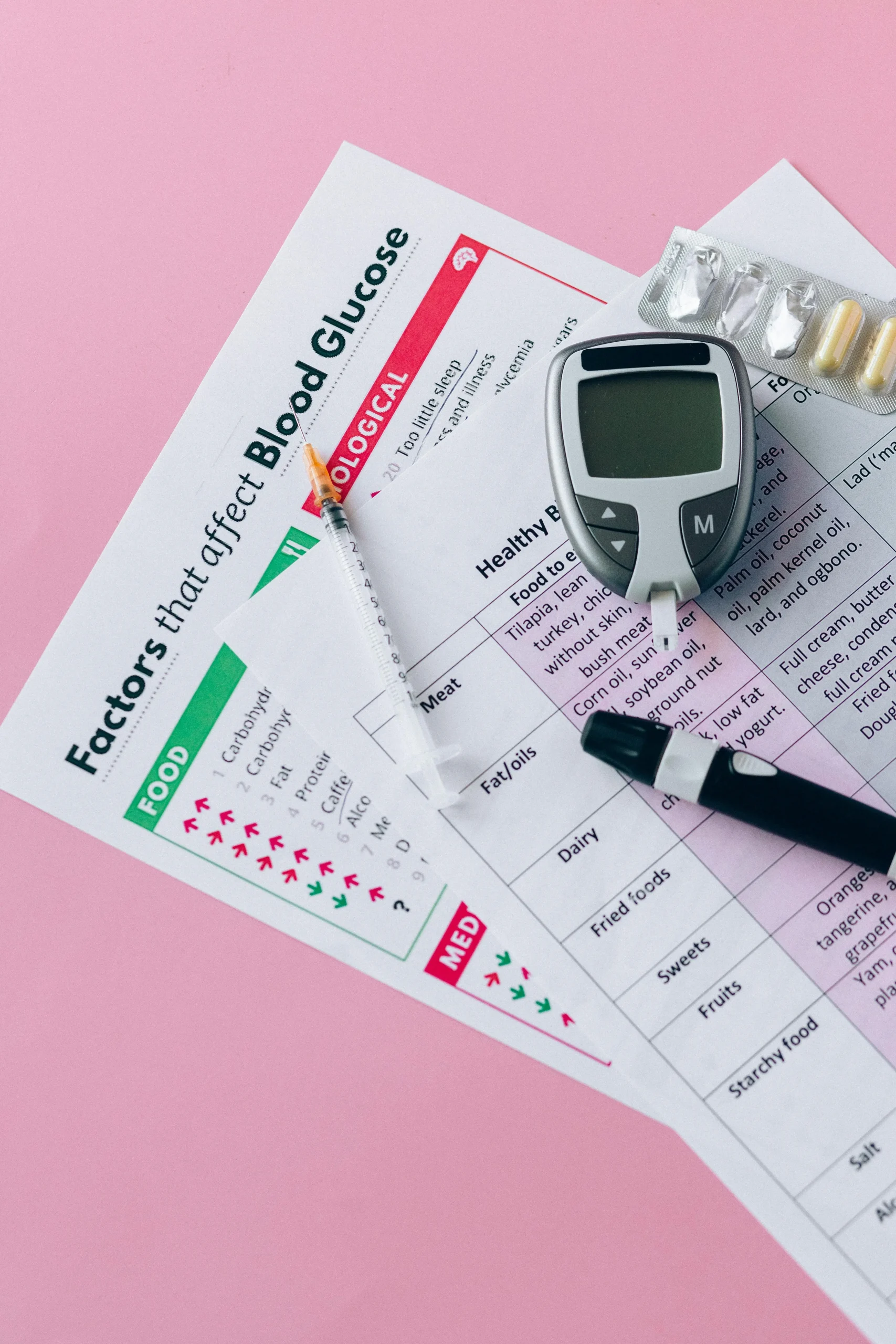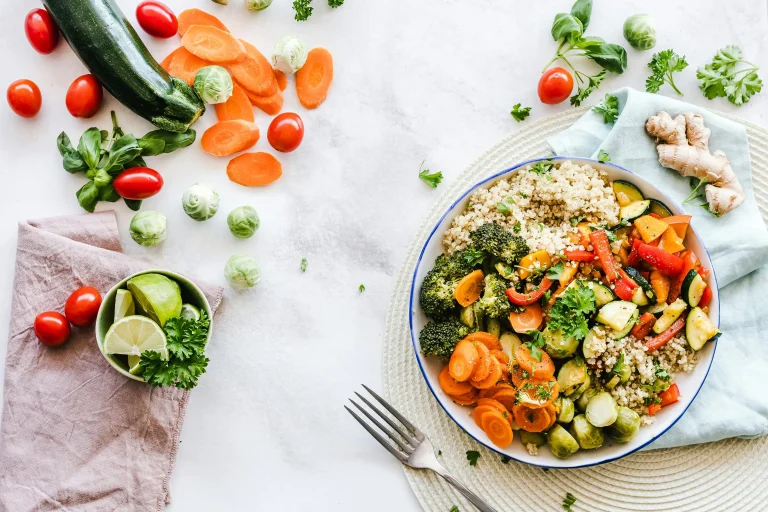Protein is one of those nutrients that gets a lot of attention—and for good reason. It’s essential for building muscle, repairing tissue, supporting immunity, and keeping you feeling full and focused throughout the day. But despite all the hype, many people still aren’t sure how much they actually need. And the truth is, it depends on your goals.
Whether you’re training hard, trying to lose weight, or simply aiming to feel your best, understanding your protein needs can help you make smarter choices at mealtime. Let’s break it down.
Why Protein Matters More Than You Think
Protein isn’t just for bodybuilders or athletes—it’s a daily essential for everyone. Your body uses it to build and repair cells, produce enzymes and hormones, and maintain healthy skin, hair, and nails. It also plays a key role in keeping your metabolism steady and your appetite in check.
Unlike carbs and fat, your body doesn’t store protein for later use. That means you need a steady supply throughout the day to keep things running smoothly. Skimping on protein can lead to fatigue, slower recovery, and even muscle loss over time.
How Much Protein Do You Actually Need?
The general recommendation for adults is around 0.8 grams of protein per kilogram of body weight per day. But that’s just the baseline—your actual needs may be higher depending on your activity level, age, and goals.
By signing up, you agree to receive emails from RealFit Wellness. You can unsubscribe anytime. See our Privacy Policy.
Your Weekly Wellness Boost
Here’s a quick breakdown:
| Goal or Lifestyle | Recommended Intake (g/kg body weight) |
|---|---|
| Sedentary adult | 0.8–1.0 g |
| Active adult | 1.2–1.6 g |
| Endurance athlete | 1.2–1.4 g |
| Strength training | 1.6–2.2 g |
| Older adult (65+) | 1.0–1.2 g |
To calculate your needs, multiply your body weight in kilograms by the recommended range. For example, someone who weighs 70kg and exercises regularly might aim for 84–112g of protein per day.
Matching Protein Intake to Your Goals
Your protein needs shift depending on what you’re working toward. Here’s how to tailor your intake:
If you’re building muscle: You’ll need more protein to support muscle repair and growth. Aim for 1.6–2.2g per kg of body weight, and spread it evenly across meals. A post-workout protein source within an hour of training can also help with recovery.
If you’re trying to lose weight: Protein helps preserve lean muscle while promoting satiety. A range of 1.6–2.0g per kg is often recommended to support fat loss without sacrificing strength.
If you’re maintaining general health: For everyday wellness, 1.0–1.2g per kg is usually enough to support metabolism, energy, and muscle maintenance.
If you’re recovering from illness or injury: Protein needs may increase to support healing. In these cases, it’s best to consult a registered dietitian or healthcare provider for personalised guidance.
Best Sources of Protein—Whole Foods First
You don’t need fancy powders or supplements to meet your protein goals. Whole foods offer a wide range of options, and they come with added nutrients like fibre, vitamins, and minerals.
Animal-based sources:
- Chicken, turkey, beef, lamb
- Fish and seafood
- Eggs
- Dairy (milk, yoghurt, cheese)
Plant-based sources:
- Lentils, chickpeas, black beans
- Tofu, tempeh, edamame
- Quinoa, buckwheat, amaranth
- Nuts and seeds
- Whole grains
Supplements (if needed):
- Whey protein (fast-digesting, complete protein)
- Casein protein (slow-digesting, ideal before bed)
- Plant-based blends (pea, rice, hemp)
Supplements can be helpful for convenience, but they’re not essential if your meals are well-balanced.
When to Eat Protein for Best Results
Timing matters—especially if you’re active or trying to build muscle. Instead of loading up on protein in one meal, aim to spread it throughout the day.
Here’s a simple strategy:
- Include 20–30g of protein at each main meal
- Add protein-rich snacks if needed (like Greek yoghurt, boiled eggs, or hummus)
- Eat a protein source within 30–60 minutes after exercise
- Consider a protein-rich breakfast to help regulate appetite and energy
Even distribution helps your body use protein more efficiently and keeps you feeling satisfied between meals.






